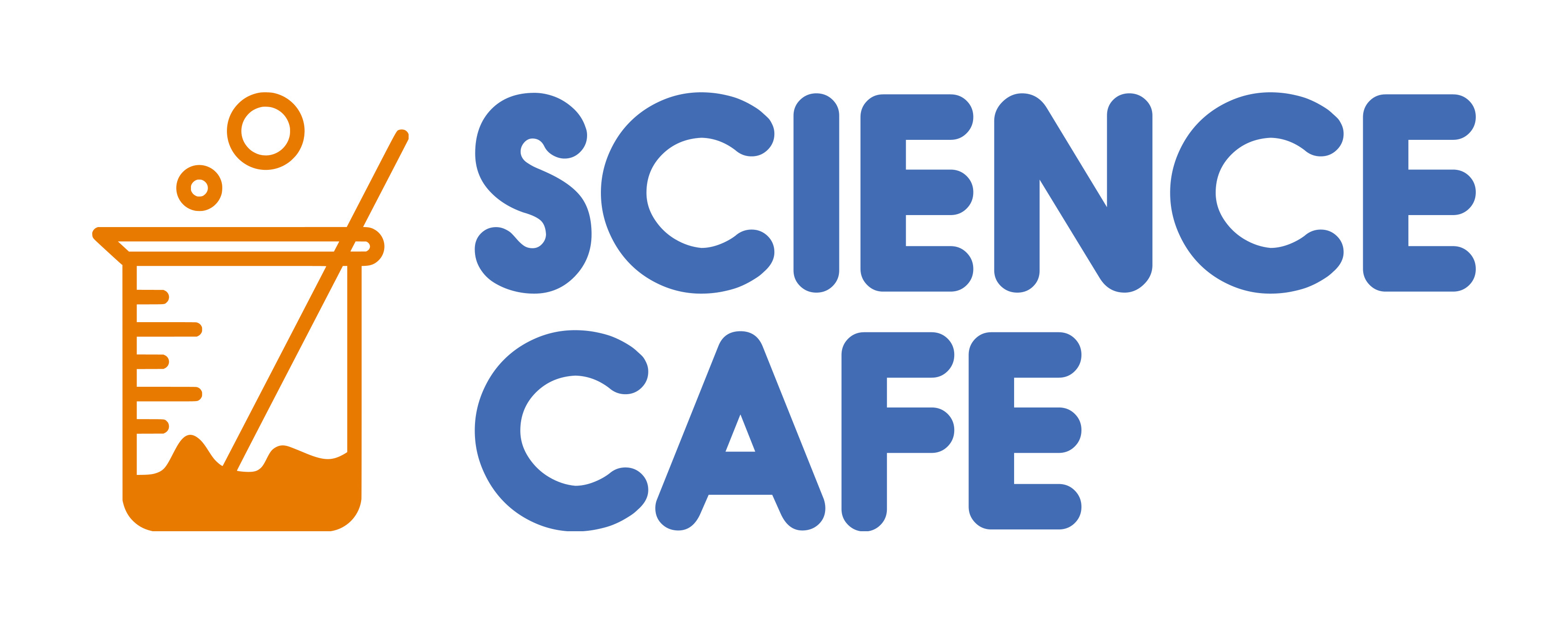Rethink of Exam Preparation
Why neurodivergent students need a rethink in exam preparation—and what we can do about it
Approximately one in seven school pupils in the UK is officially diagnosed as neurodivergent (ADHD, autism, dyslexia, etc.). Yet when it comes to the pivotal moment of GCSEs, a worrying pattern endures: neurodivergent students under‑perform compared to peers despite access arrangements designed to level the playing field. A new initiative from the Nuffield Foundation—the “EXAMINE” project—aims to uncover the root causes of this disparity. Nuffield Foundation
The early findings prompt three linked insights, each ringing alarm bells for the way we think about exam readiness, retention, understanding and strategy preparation.
1. The format mismatch
The research shows that features such as multi‑part questions, idiomatic language, long paragraphs and implicit assumptions can disadvantage neurodivergent learners. These aren’t just “harder questions”—they demand a different kind of processing, a different entry‑point to comprehension. If the format is mismatched, even high‑ability learners may fail to express their understanding.
The implication: exam technique guidance must go beyond “revise content” and address how questions are structured, how instructions might hide complexity, how learners interpret prompts. For neurodivergent students, training might include unpacking typical question styles, translating complex prompts into simpler steps, developing check‑lists for multi‑step responses.
2. Retention and understanding matter more than rote recall
Traditional revision often encourages memorisation and last‑minute “cram” sessions. But for many learners—and especially for neurodivergent students—the real challenge is not just recalling facts, but bringing them into coherent structures and adapting them under pressure. Techniques such as spaced retrieval, active learning, chunking of information and regular self‑testing appear far more effective for lasting understanding than passive review.
Coaching that emphasises understanding (e.g., ask “what does this question really want?”; map how the topic links to prior knowledge; rehearse applying the concept in unfamiliar contexts) builds depth, not just breadth.
3. Strategy + self‑awareness = empowerment
Neurodivergent learners benefit significantly when revision and exam‑prep integrate metacognitive strategy—“how do I learn best?”, “what kinds of distractions undermine me?”, “how will I break down this question when sitting the paper?” The guide for ADHD students entering university (from The Autism Service) offers a powerful parallel. The Autism Service That advice—visual planners, peer groups, breaking tasks into manageable parts, customised study spaces—applies equally at GCSE level.
The change required is two‑fold: schools and coaches must tailor revision and assessment technique training to individual learning profiles; and neurodivergent learners must be supported to own their learning strategy, rather than passively follow generic advice.
What can schools and coaches do now?
Audit typical exam papers: highlight question types that repeatedly trip neurodivergent learners (e.g., embedded clauses, multiple instructions, idioms).
Run “question unpacking” workshops: practice decoding prompts, rewriting them in simpler language, mapping how you’ll respond.
Embed retrieval practice and spaced review into revision frameworks—less cramming, more consistent small‑task rehearsal.
Develop personalised revision plans grounded in learning profile: visual vs auditory, focus vs movement, scaffolding vs independence.
Foster self‑advocacy: students articulate their best strategy, preferred environment and triggers for distraction; coaches build these in.
Conclusion
If we truly want neurodivergent students to thrive in high‑stakes assessments, the answer isn’t just “more revision” but “smarter revision” and “closer match between learner and format”. By aligning exam‑technique training with how neurodivergent brains process information, and moving from rote recall to applied understanding, we not only narrow the performance gap but enable deeper, longer‑lasting learning. The EXAMINE project shines a spotlight on this, and it’s time for action.
— Sarah



